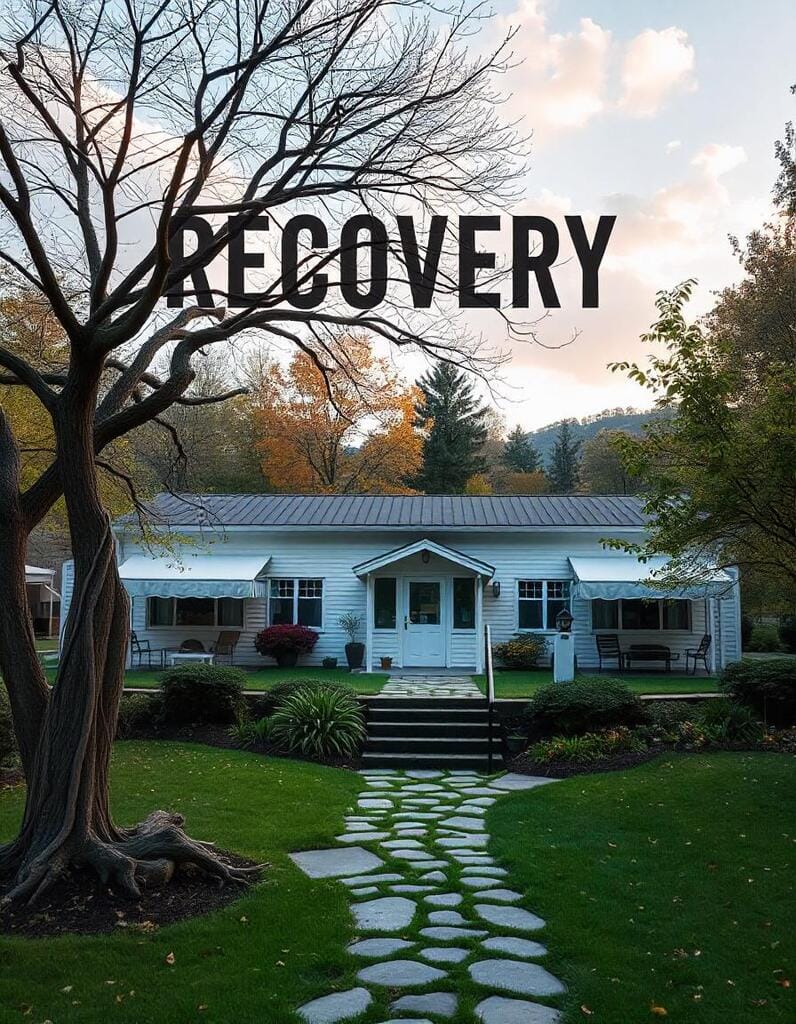Understanding and Overcoming Pornography Addiction: A Comprehensive Guide

Pornography addiction is a growing concern in the digital age, impacting individuals’ mental health, relationships, and daily lives. This blog explores what adult material addiction is, its effects, and practical steps to overcome it.
1. What is Pornography Addiction?
Adult material addiction refers to compulsive consumption of explicit material, despite negative consequences. It disrupts daily life, damages relationships, and may lead to mental health issues.
Why Does Pornography Addiction Happen?
- Accessibility: The internet has made Adult material readily available.
- Neurochemical Response: Watching Adult material triggers dopamine release, leading to repeated consumption for the same pleasure.
- Escapism: Many use pornography as a way to cope with stress, loneliness, or emotional distress.
2. Signs of Pornography Addiction
- Spending excessive time watching Adult material.
- Neglecting personal, professional, or academic responsibilities.
- Difficulty forming or maintaining real-life relationships.
- Increased tolerance, requiring more explicit content to achieve the same satisfaction.
- Feelings of guilt, shame, or helplessness after consumption.
3. The Impact of Pornography Addiction
Mental and Emotional Effects
- Anxiety and Depression: Overuse can lead to mental health challenges.
- Shame and Guilt: Many individuals feel ashamed, impacting self-esteem.
Effects on Relationships
- Erosion of Trust: Secretive consumption can create trust issues.
- Intimacy Problems: Overreliance on Adult material reduces real-life connection and desire.
Physical and Behavioral Effects
- Reduced productivity and focus.
- Sleep disturbances due to late-night usage.
- Risk of developing other behavioral addictions.
4. Overcoming Pornography Addiction
Recovery from adult material addiction requires commitment and support. Here are practical steps to take:
BetterHelp – Online Therapy for Pornography Addiction
4.1. Seek Professional Help
- Pornography Addiction Counseling: A trained counselor can guide you through recovery.
- Pornography Addiction Therapy: Therapies such as cognitive-behavioral therapy (CBT) help reframe thoughts and manage triggers.
- Pornography Addiction Rehab: Rehab centers provide structured support and tools for recovery.
4.2. Self-Help Strategies
- Identify Triggers: Recognize the situations, emotions, or stressors that lead to consumption.
- Replace Habits: Engage in healthier activities such as exercising, reading, or pursuing hobbies.
- Practice Mindfulness: Meditation can help manage urges and increase self-awareness.
4.3. Digital Safeguards
- Install apps or software to block access to explicit websites.
- Limit screen time, especially during vulnerable moments like late nights.
4.4. Support Groups and Resources
- Join online forums or local groups dedicated to overcoming pornography addiction, such as NoFap or similar communities.NoFap Community – Support Forum for Overcoming Pornography Addiction
- Engage in open discussions about challenges and successes to foster accountability.
5. Specialized Support for Different Groups
Female Pornography Addiction

- While often overlooked, women also face adult material addiction. Tailored therapy and female-centric support groups can help.
Internet Pornography Addiction

- The ubiquity of online adult material amplifies addiction risks. Strategies include digital detox, mindful internet usage, and counseling.
Overcoming Pornography for Good
- Long-term recovery involves building a fulfilling life with meaningful relationships, activities, and purpose.
6. Addressing Pornography’s Social and Cultural Impacts
Reducing Stigma
Open conversations about adult material addiction can help reduce shame and encourage people to seek help.
Educating Youth
Providing age-appropriate information about healthy relationships and sexuality can reduce early exposure and dependence on adult material.
Encouraging Healthy Habits
Promoting physical activities, hobbies, and social interactions helps individuals replace negative habits with positive ones.
7. Role of Professional Treatment

Cognitive Behavioral Therapy (CBT)
CBT helps individuals identify negative thought patterns and replace them with healthier perspectives.
Addiction Counseling
Counselors provide tools to manage cravings, set boundaries, and rebuild self-esteem.
Rehabilitation Centers
Structured environments in rehab centers support intensive recovery efforts with expert guidance.
8. Key Resources for Recovery
- Pornography Counseling: Reach out to therapists who specialize in behavioral addictions.
- Support Groups: Join local or online groups for shared experiences and mutual support.
- Apps for Recovery: Tools like Freedom, Cold Turkey, and Covenant Eyes can block access and track progress.
9. Preventing Relapse
Establish Healthy Routines
- Develop a schedule that prioritizes physical health, work, and relationships.
Maintain Accountability
- Share progress with a trusted friend, partner, or support group.
Celebrate Milestones
- Recognize and reward progress, no matter how small, to stay motivated.

Conclusion
Pornography addiction is a challenge that many face, but recovery is possible with the right support and strategies. Whether through professional help, self-discipline, or community support, individuals can reclaim control of their lives and foster healthier relationships. Acknowledging the issue is the first step, and taking action brings lasting change.
FAQs
Q1. How do I know if I’m addicted to pornography?
Look for signs like excessive consumption, neglect of responsibilities, and feelings of shame or guilt.
Q2. Can therapy help with pornography addiction?
Yes, counseling and therapy, especially CBT, are effective in managing addiction.
Q3. How can I block Adult material on my devices?
Apps like Freedom, Covenant Eyes, and Cold Turkey can restrict access to explicit content.
Q4. What is the role of rehab in pornography addiction?
Rehab centers provide structured, professional support for individuals struggling with severe addiction.
Q5. Is it possible to overcome Adult material addiction on your own?
While some succeed independently, most benefit from therapy, support groups, and accountability partners.
